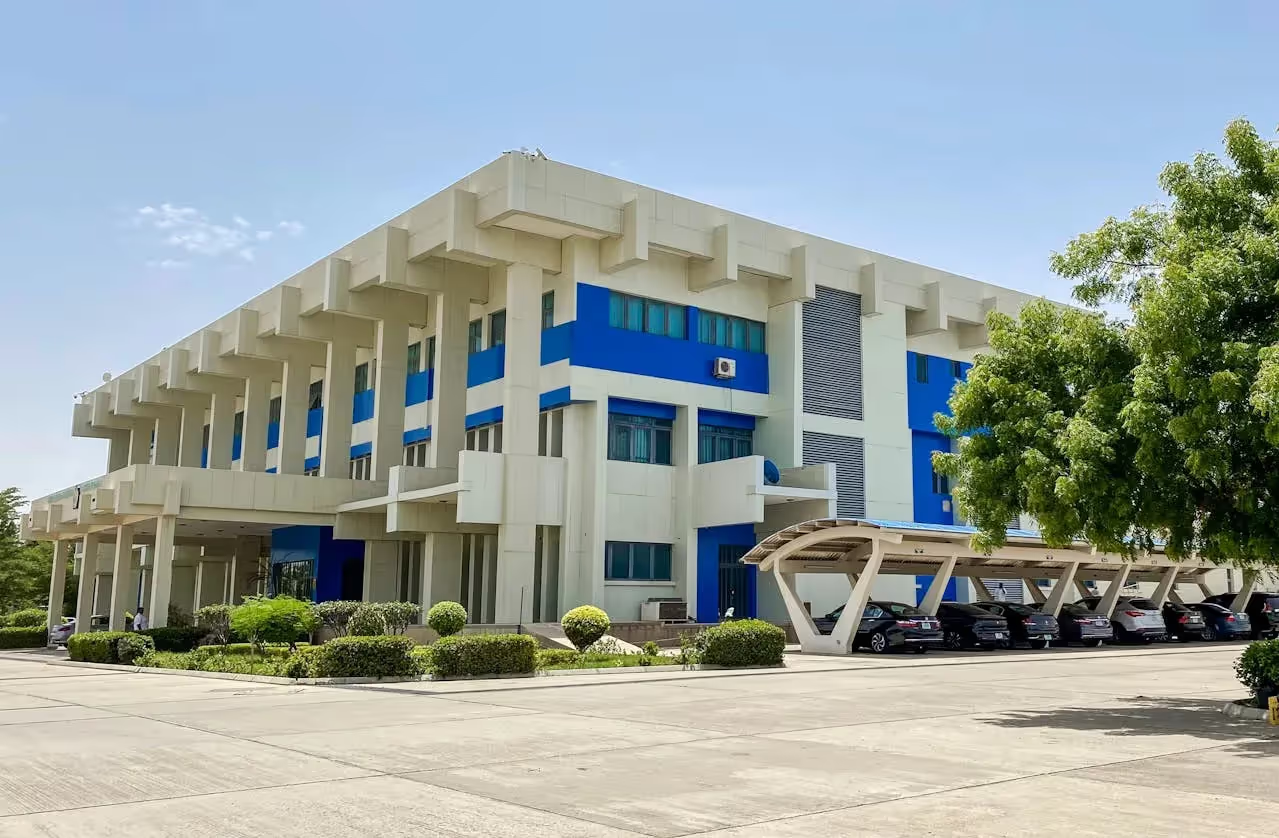Understanding Underemployment: What It Means for Your Career Path
When you're planning your future, choosing the right college major can be a big decision. It's not just about what you love—it's also about how your degree will serve you in the job market. That’s where the concept of underemployment comes in. Underemployment happens when college graduates work in jobs that don’t require their degree or do not fully utilize their skills and training. Knowing which majors have the highest and lowest underemployment rates in 2025 can guide you toward better job opportunities after graduation.
Why Underemployment Rates Matter for College Majors
The underemployment rate is a key metric for prospective students and job seekers. It reflects how well a specific major aligns with real job opportunities in the workforce. If you pursue a major with a high underemployment rate, you risk working in roles that don't match your qualifications. On the other hand, choosing a field with a low underemployment rate increases your chances of finding a job suited to your education and skills.
Majors With the Highest Underemployment Rates in 2025
Some majors consistently have higher underemployment rates, based on research from labor statistics and university studies. The following majors may result in more graduates working in positions that do not require a four-year degree:
- Performing Arts and Fine Arts: While these fields can be fulfilling, many graduates find themselves in unrelated roles due to limited job openings.
- Communications and Media: The oversupply of graduates compared to available entry-level positions can lead to higher underemployment.
- Leisure, Hospitality, and Tourism: Careers in this space are often accessible without a college degree.
- Psychology and Social Sciences: Many entry-level roles are not degree-specific and may not require advanced coursework.
- General Studies and Liberal Arts: These broad majors can be versatile but often lack the specialized skills employers seek for degree-level positions.
If you are passionate about any of these areas, consider supplementing your education with internships, practical projects, or a double major/minor to increase your employability.
Majors With the Lowest Underemployment Rates in 2025
Some degrees consistently lead to jobs that require the specialized knowledge and skills you gain through study. These majors typically have low underemployment rates:
- Nursing and Health Professions: Almost all graduates in this field work in jobs that require their education and credentials.
- Engineering (all disciplines): Engineering graduates are in high demand, especially in software, civil, mechanical, and electrical engineering.
- Computer Science and Information Technology: As technology continues to expand, so does the need for skilled IT professionals.
- Education (Specialized): Teacher shortages mean most qualified educators find work directly related to their major.
- Accounting and Finance: These business majors lead to roles with specific credential requirements and clear career paths.
Choosing any of these majors can boost your likelihood of finding a job tailored to your degree. Employers value these skills and often require advanced training or licensing, reducing competition from non-degree holders.
Related Search Queries on Underemployment Rate by Major
- Which majors have the best job placement rates in 2025?
- Top college degrees with the lowest underemployment in the US
- Does majoring in psychology lead to underemployment?
- Engineering majors with highest employment rates
- What college majors have the hardest time finding jobs?
Trends in Underemployment: How the Economy Shapes Opportunities
Job outlooks shift as the economy changes. In 2025, rapid advances in technology, healthcare, and finance are shaping demand for skills in these sectors.
- Healthcare and technology degrees are expected to see growth and low underemployment due to aging populations and digital transformation.
- Majors tied to shrinking industries or easily automated tasks face higher underemployment as jobs evolve.
- Fields with practical training, licensing, or certification often see much lower rates of underemployment because employers need those specific skills.
When exploring career options, check current labor market projections and talk to recent graduates about their experiences in your field of interest.
Reducing Your Chances of Underemployment After Graduation
If you're concerned about underemployment, you can take action while still in school:
- Pursue internships and summer jobs in your field. Experience is key.
- Develop marketable skills, such as computer proficiency or communication.
- Network with professionals and alumni to learn about career paths in your major.
- Consider minors or double majors in high-demand fields, like business or data analysis.
- Stay up to date with industry requirements and trends.
Your major is just one part of your career journey. Skills, connections, and experiences also matter in finding a job that fits your education.
Frequently Asked Questions About Underemployment and College Majors
Frequently Asked Questions
What is the underemployment rate?
The underemployment rate measures the percentage of graduates working in jobs that do not require a college degree or do not use their training. It's different from the unemployment rate, which counts people not working at all.
Which college majors have the lowest underemployment in 2025?
Majors like nursing, engineering, computer science, and accounting usually have the lowest underemployment rates. These fields require specialized knowledge and are in high demand.
How can students avoid underemployment after graduation?
Students can reduce their chances of underemployment by choosing majors with strong job demand, gaining practical experience, and building professional networks before graduation.
What degrees have high underemployment rates?
Some liberal arts, arts, communications, psychology, and general studies majors tend to have higher underemployment rates because the skills gained are broader and sometimes less specialized for current labor needs.
Does underemployment affect salary?
Yes, underemployed graduates often earn less than their peers in jobs related to their degree. Working in a job that doesn't require your education usually means lower starting salaries and slower career growth.
How to Make Your Degree Work for You in Any Market
No matter what major you choose, you are not limited by statistics. Building your network, seeking out internships, and learning real-world skills can help you turn your education into a rewarding career. Explore majors with strong job markets but also look for ways to stand out. The right experience, attitude, and connections can help you land a job that uses everything you worked so hard to learn.










.svg)



